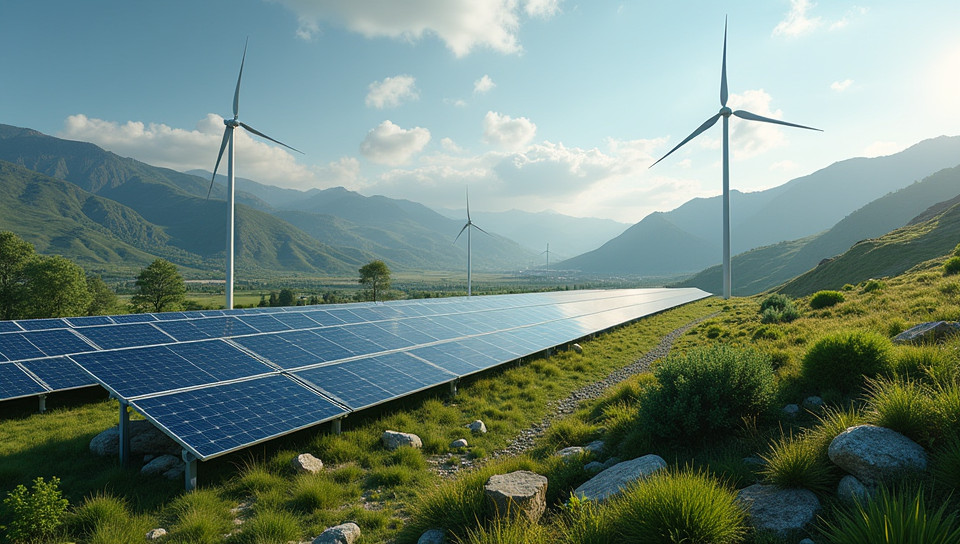Non-renewable sources provide more consistent and reliable energy supply 60%

The Energy Advantage: Why Non-Renewable Sources Reign Supreme
As the world grapples with the challenges of sustainable energy, it's easy to get caught up in the hype surrounding renewable sources. Solar panels and wind turbines have their benefits, but when it comes to providing a consistent and reliable energy supply, non-renewable sources come out on top.
The Reliability Factor
One of the primary concerns with renewable energy is its intermittency. The sun doesn't always shine, and the wind doesn't always blow. This makes it difficult to rely on these sources as a sole means of power generation. In contrast, non-renewable sources like coal, natural gas, and nuclear provide a constant flow of energy that can be harnessed 24/7.
The Infrastructure Advantage
Non-renewable sources have been around for decades, which means they've had time to develop robust infrastructure in support of their operations. Existing power plants, transmission lines, and distribution systems are well-established, making it easier to scale up production and meet growing energy demands. In contrast, renewable energy technologies are still developing their infrastructure.
The Consistency of Non-Renewable Sources
While some may argue that renewable sources are becoming more efficient, the fact remains that non-renewable sources provide a level of consistency that's hard to match. For example:
- Coal is available 365 days a year
- Natural gas is always in high supply
- Nuclear power plants operate at over 90% capacity
The Benefits of Non-Renewable Sources
Non-renewable sources offer several benefits that make them an attractive choice for energy generation. These include:
- High energy density: Non-renewable sources have a higher energy density than renewable sources, making them more efficient.
- Low operating costs: Once a power plant is built, the cost of generating electricity from non-renewable sources is relatively low.
- Scalability: Non-renewable sources can be scaled up or down to meet changing energy demands.
Conclusion
While renewable energy has its benefits, it's time to acknowledge that non-renewable sources provide a more consistent and reliable energy supply. With their established infrastructure, high energy density, and low operating costs, it's no wonder why non-renewable sources continue to reign supreme in the world of energy generation. As we move forward in our pursuit of sustainable energy solutions, let's not forget the value that non-renewable sources bring to the table.
- Created by: Sofia Gajdoš
- Created at: Aug. 17, 2024, 11:15 p.m.
- ID: 7640




